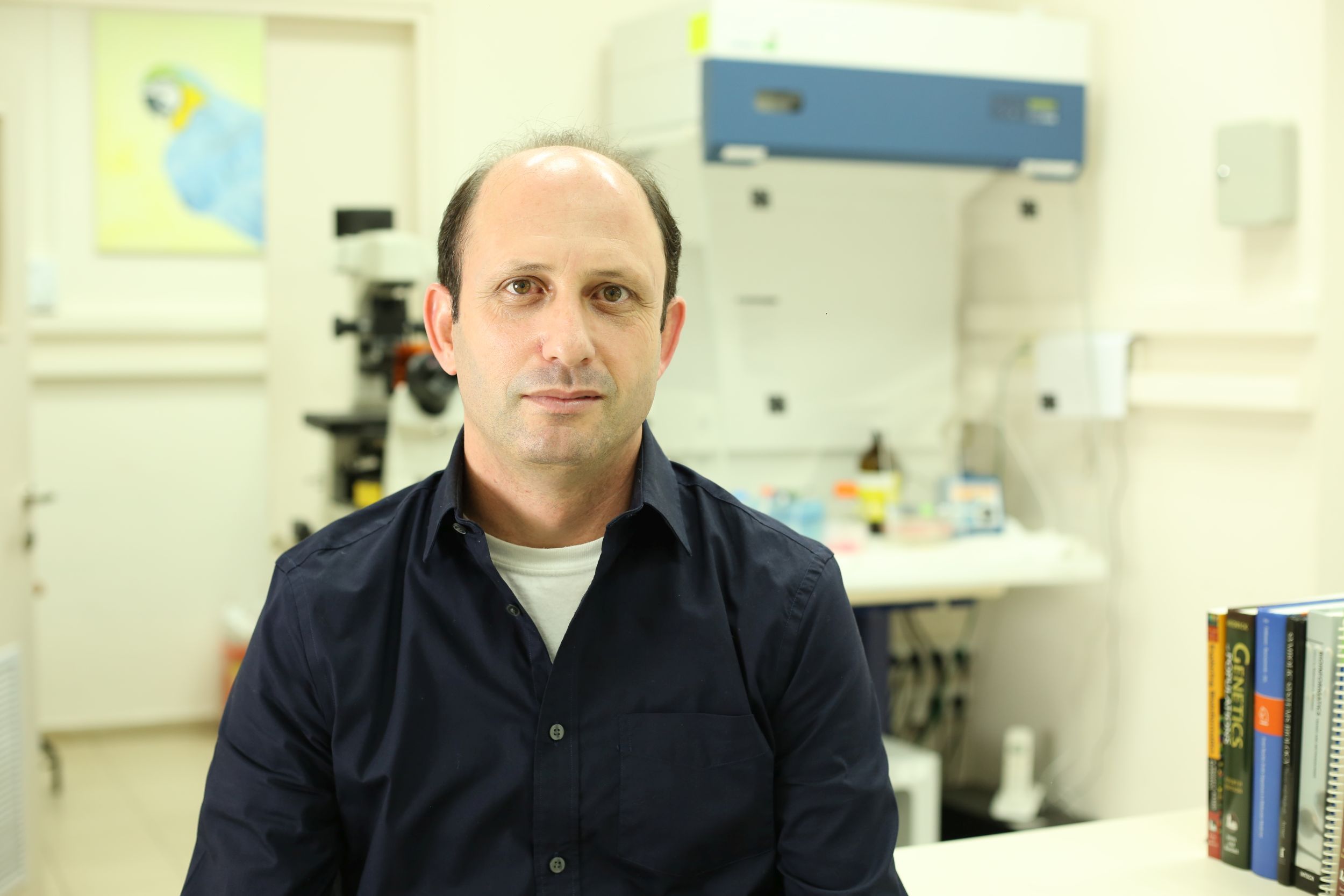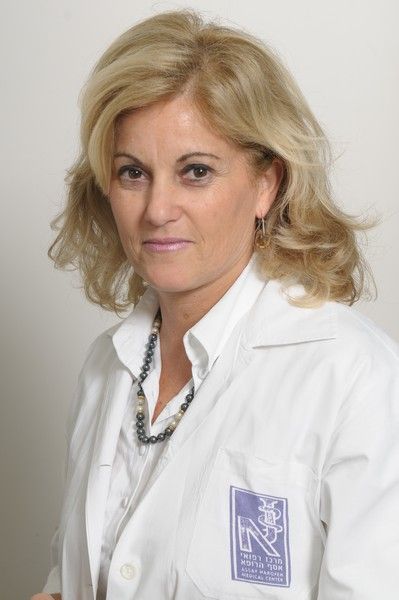
Prof. Noam Shomron, Head of the Computational Genomics Laboratory at the Sackler Faculty of Medicine and a member of the Edmond J. Safra Center for Bioinformatics
New study found differences between women and men in the level of COVID-19 antibodies
A joint study conducted by researchers from Tel Aviv University and the Shamir Medical Center (Asaf Harofe) examined the level of antibodies in over 26,000 blood samples taken from COVID-19 convalescents, as well as vaccinated and unvaccinated individuals. The serological results indicate that the level of antibodies changes according to age groups, gender, symptoms, and time elapsed since vaccination. The study was published in Medrxiv.
A difference was found between vaccinated women and men, in the concentration of antibodies in the blood relative to both age and gender. In women, the level of antibodies begins to rise from the age of 51, and is higher than the levels found in men of similar age. This phenomenon may be related change in levels of the estrogen hormone, observed around this age, which affects the immune system. In men, a rise in antibody levels is seen at an earlier age, starting around 35. This may be related to changes in levels of the male sex hormone testosterone, and the effect on the immune system.
In young adults, a high concentration of antibodies is usually the result of a strong immune response, while in older people it typically indicates overreaction of the immune system associated with severe illness.

Dr. Adina Bar Chaim from the Shamir Medical Center
Main trends and findings:
- The immune response of individuals who have received two doses of the vaccine is much stronger than that of people who have recovered from COVID-19. In fact, the level of antibodies found in the blood of vaccinated persons was 4 times higher than that found in convalescents.
- A difference was found between convalescent males and females – in antibody concentration in the blood relative to both age and gender. In women, the concentration begins to rise from the age of 51, and it is higher than the levels found in men of similar age. This phenomenon may be related to the change in levels of the estrogen hormone, observed around this age, which affects the immune system. In men, a rise in antibody levels is seen at an earlier age, starting around 35. This may be related to changes in levels of the male sex hormone testosterone, and its effect on the immune system.
In young adults, a high concentration of antibodies is usually the result of a strong immune response, while in older people it usually indicates overreaction of the immune system associated with severe illness.
- In general, young adults were found to have a higher level of antibodies sustained for a longer period of time compared to older vaccinated persons. A decrease of tens of percent was observed over time between the younger and very old age groups.
Conclusion: Further research is required in order to obtain an in-depth understanding of the immune system’s response to COVID-19, to recovery from the disease, and to the vaccine. We hope that in the future we will be able to supply a reliable measure for the effectiveness of vaccination, correlated with age, gender and symptoms.
The study was conducted by Tel Aviv University’s Prof. Noam Shomron, Head of the Computational Genomics Laboratory at the Sackler Faculty of Medicine and a member of the Edmond J. Safra Center for Bioinformatics and Dr. Adina Bar Chaim from the Shamir Medical Center. The data were collected by Dr. Ramzia Abu Hamad from the Shamir Medical Center, and analysis was conducted by Guy Shapira, a PhD student at Prof. Shomron’s laboratory.
